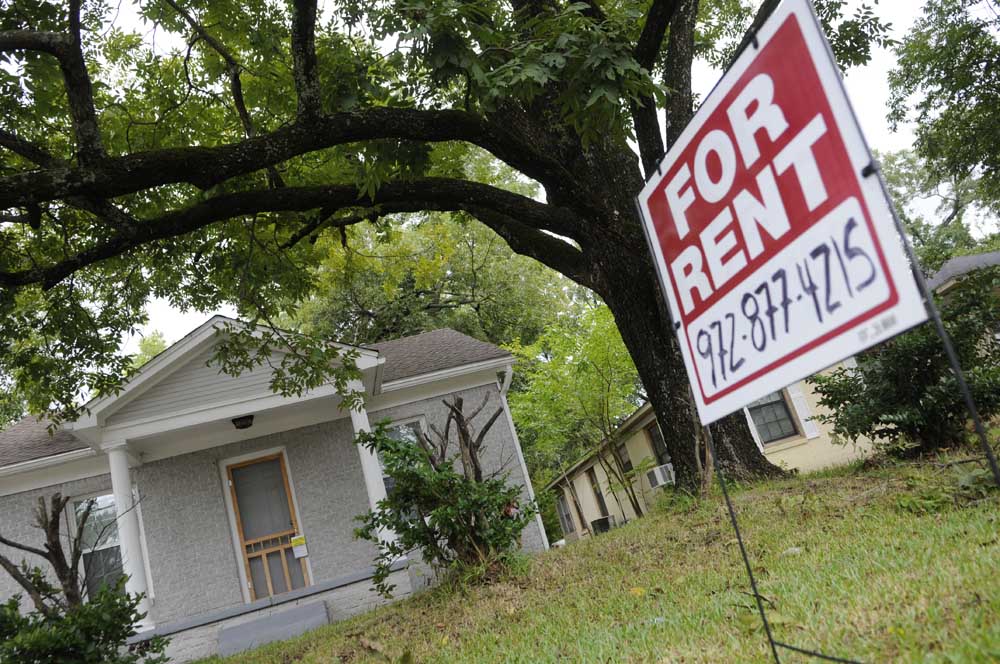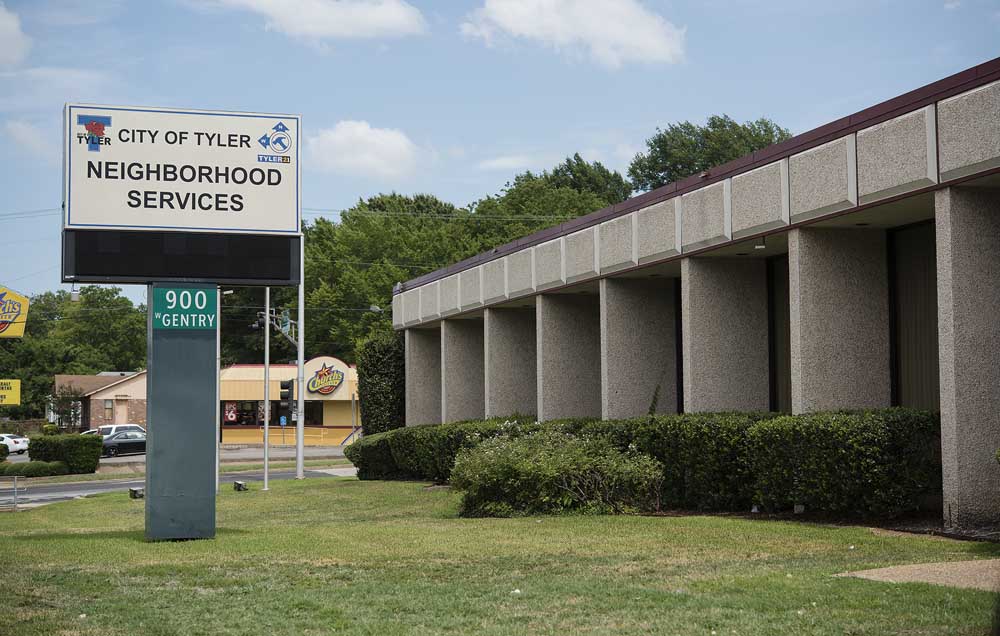Which factors are affecting 2025 rent prices in the Tyler metro area?
Published 5:45 am Friday, January 24, 2025

- A home on Front Street in Tyler available for rent is pictured. (Tyler Morning Telegraph File)
While reports predict a rise in Tyler’s median rent in 2025, a local realtor suggests rent prices will level off rather than sharply increase, based on her experience with the area’s market.
Renters in Tyler may feel a squeeze, as the metro area’s median rent is expected to rise outpacing the national increase, according to a Construction Coverage report.
But Hannah Tavenner, president of operations for Nancy Wright Properties, said while median rent is rising, occupancy has declined as more rental units enter the market. This trend, she noted, makes it less likely that rents will continue to increase significantly in 2025.
The report projects that median rent in Tyler will increase from $1,481 in 2024 to $1,595 in 2025, a jump of $114, or 7.7%. Nationally, median rents are expected to rise by 4.8%, with some areas experiencing increases of 20% or more.
The analysis is based on data from the U.S. Department of Housing and Urban Development’s 50th Percentile Rent Estimates and the U.S. Census Bureau’s 2023 American Community Survey.
Tavenner’s insights go beyond data, reflecting her firsthand experience in the industry.
“I’ve witnessed the trends and changes in real-time,” Tavenner said. “My answers are rooted in a deep understanding of market dynamics, tenant behavior and the challenges faced by both landlords and renters in this area.”
Tyler is experiencing steady growth, which will necessitate improvements in infrastructure to keep up with the demand. This growth leads to higher expenses, which are passed on to taxpayers.
Key factors driving the rent increase in the Tyler area are rising costs, property taxes, insurance, construction materials and labor. These escalating expenses put pressure on developers and property owners, which in turn affects rent prices for tenants.
Tavenner pointed out that property taxes and insurance costs are significant drivers of rent increases.
“Investors, even those focused on long-term equity goals, need the property to generate enough revenue to cover these rising expenses,” she said.
Rising interest rates have led to more renters, as potential homebuyers are waiting for rates to decrease before making a purchase. Inflation is discouraging people from moving, with many tenants choosing to stay put in order to avoid extra expenses
Tavenner shared that many current tenants are being forced to downsize due to rising rents and the overall increase in the cost of living.
“It appears that incomes are not increasing at the same pace as expenses,” she said.
The majority of tenants feel that rent hikes are unwarranted, believing landlords are simply raising prices in response to their own rising costs rather than market demand.
“As property taxes and insurance rise, so will rent prices,” Tavenner said. “As supply catches up with demand, I expect rental prices in the Tyler metro area to keep increasing.”
Tavenner said in 2021 and 2022, high demand and limited supply led many developers to create new rental units. Now, with many of those projects coming online, the supply has outpaced the demand, which could help stabilize the market in the near future.
While some expect rent increases due to higher costs, the increased supply of rental units could lead to more competitive pricing, which may help boost occupancy rates. The influx of new developments could help balance the market and create more options for renters, potentially stabilizing prices in the long term.






